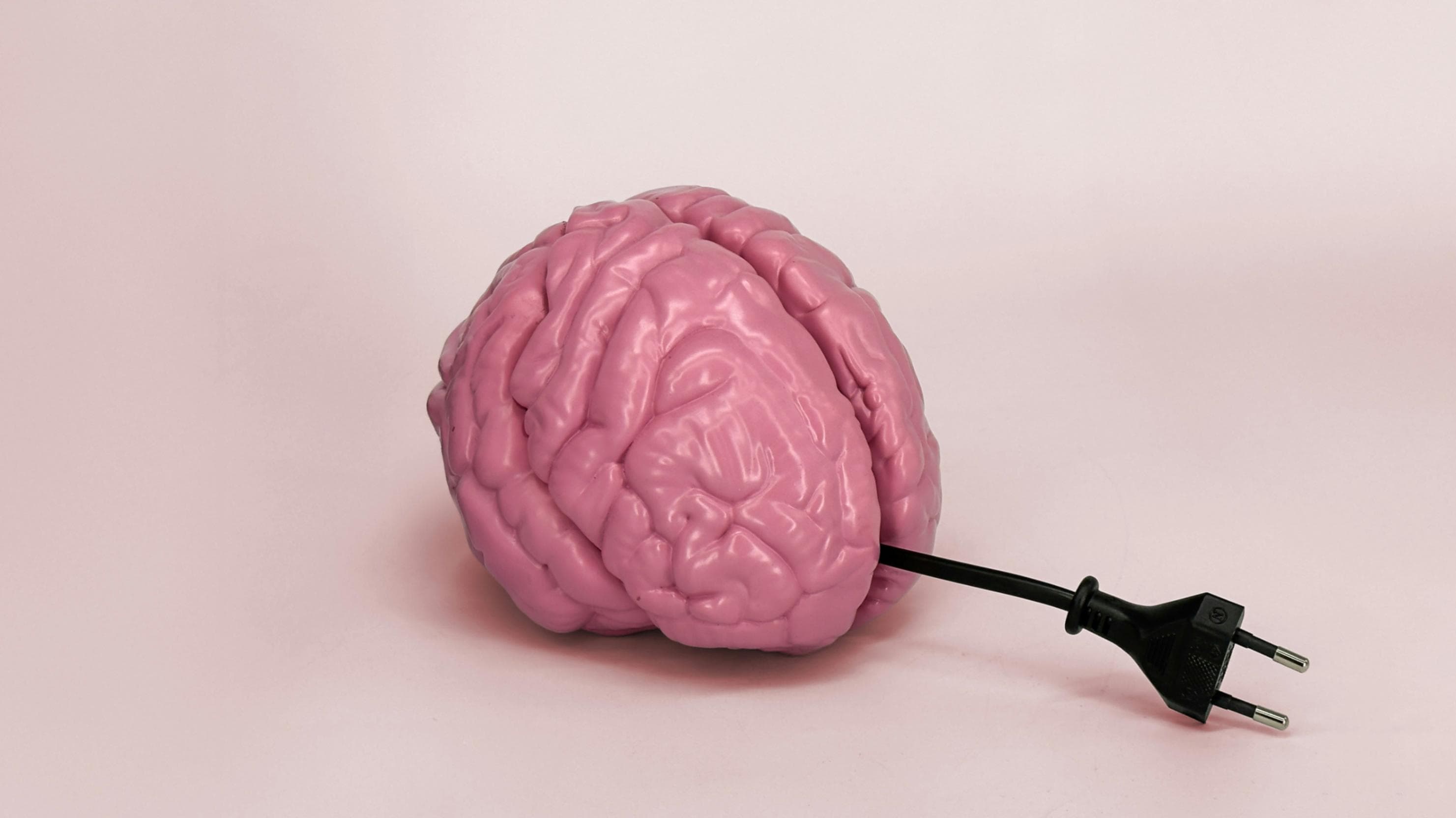
The Real Reason Neurodiverse Students Struggle—And It’s Not the Curriculum
What if we told you no amount of curriculum modification will help a neurodiverse student succeed—until we first rewire how we see them?
In classrooms across the country, neurodiversity is no longer an outlier. It’s central to the student experience. And yet, most school systems are still operating through a lens built for neurotypical development—treating differences in attention, emotion, and regulation as behavior problems, not brain-based differences.
At the heart of the problem is a critical misunderstanding: we’re trying to retrofit supports into a system that was never built to support neurodiverse learners in the first place.
We continue to treat academic struggles as the root issue. But academic performance is just the surface. For students with ADHD, autism, sensory processing differences, and other neurodivergent profiles, we must go deeper—to the foundational skills that make learning possible in the first place.
From the Classroom: My Turning Point
Early in my career, I taught a 4th grader who we will call Nicholas. By October, he had already been written off as “disruptive.” He couldn’t sit still. He’d blurt out answers. He’d get up and walk around the room mid-lesson. On paper, he looked like a behavior problem.
But something didn’t sit right with me. I remember watching him one day, fists clenched under the table, trying so hard not to speak out of turn that he was physically shaking. That was my turning point.
I realized that instruction wasn’t going to happen until I addressed the invisible battles happening inside him. I wasn’t trained in neurodiversity at the time. I didn’t have the terminology or the frameworks. I just knew I had to reach the child before I could reach the learner.
What I didn’t know then was that I was beginning to teach through a neurodiverse lens. Not because it was trendy or required, but because it was the only way to meet Nicholas where he was.
ADHD Isn’t Just About Focus—It’s About Readiness
ADHD is one of the most misunderstood neurodevelopmental conditions in schools. It’s often reduced to “can’t sit still” or “doesn’t pay attention.” But ADHD affects far more than behavior—it impacts executive functioning, emotional regulation, motivation, and even identity.
These students often lack the personal readiness skills necessary for academic engagement. These include:
Impulse control – the ability to pause before reacting
Emotional regulation – managing frustration, excitement, or rejection
Working memory – holding and using information in real time
Task initiation and completion – starting and finishing tasks independently
Cognitive flexibility – adapting to change or switching tasks
If we don’t explicitly teach and support these underlying skills, it doesn’t matter how much we adapt the curriculum. The entry point to learning remains blocked.
Imagine asking a student to write a paragraph when they’re still wrestling with staying in their seat, remembering the prompt, or holding back tears from a frustrating morning. The issue isn’t content. The issue is capacity.
Why School Systems Keep Missing the Mark
Despite the growing awareness around neurodiversity, many districts still cling to outdated strategies:
Investing in behavior charts and compliance tools
Modifying curriculum without teaching self-regulation skills
Interpreting behaviors through a neurotypical lens
Treating executive functioning as a “bonus skill,” not a developmental necessity
This leads to tragic consequences: students mislabeled as lazy, unmotivated, or defiant. Escalating suspensions. Deepening shame. And ultimately, a generation of brilliant minds disengaging from a system that never saw them clearly.
Teach the Learner Before You Teach the Lesson
It’s time to stop asking what’s wrong with neurodiverse students—and start asking what skills we’ve failed to teach them.
For ADHD students, this means we must build the invisible infrastructure that supports academic learning:
Start the day with regulation practices (breathing, movement, mindfulness)
Use visual checklists to guide task completion
Model emotional resilience through “think aloud” strategies
Teach emotional vocabulary explicitly
Design environments that reduce sensory overload and decision fatigue
We do this not as a favor or accommodation, but as a foundation—because without these supports, instruction is like pouring water into a cup with holes.
Call to Action: Stop Fixing Lessons. Start Teaching the Learner.
Educators are not miracle workers, and systems don’t change overnight. But we can start by shifting our lens—and that changes everything.
Neurodiverse students don’t need more discipline or more compliance plans. They need a developmentally aligned roadmap that starts with readiness and leads to real learning.
Supporting them means teaching the invisible skills before the visible ones—regulation before reading, initiation before instruction, flexibility before fluency.
Because until we do that, curriculum adaptation is like building a roof on a foundation that doesn’t exist. It may look complete—but it can’t weather the real storms.
Let’s stop trying to fix the student.
Let’s fix the lens.
That’s where transformation begins.
Arnold, L. E., Hodgkins, P., Kahle, J., Madhoo, M., and Kewley, G. “Long-Term Outcomes of ADHD: Academic Achievement and Performance.” Journal of Child Psychology and Psychiatry 61, no. 3 (2020): 247–260.
Best, John R., and Patricia H. Miller. “Executive Functions and Academic Achievement in School-Age Children: A Meta-Analytic Review.” Developmental Psychology 46, no. 5 (2010): 1235–1246.
Evans, Steven W., Owens, Julie Sarno, and Bunford, Nora. “Evidence-Based Psychosocial Treatments for Children and Adolescents with Attention-Deficit/Hyperactivity Disorder.” Journal of Clinical Child & Adolescent Psychology 43, no. 4 (2014): 527–551.
Powers, Christopher J., and Bierman, Karen L. “The Multifaceted Impact of Early Intervention: A Meta-Analysis of Preventive Programs for Children with ADHD.” American Journal of Psychiatry 170, no. 12 (2013): 1207–1214.
Schwab, Susanne, and Gebhardt, Markus. “Barriers to Inclusive Education for Students with Special Educational Needs in Schools.” Educational Research 59, no. 4 (2017): 335–350.
Willcutt, Erik G., Doyle, Alysa E., Nigg, Joel T., Faraone, Stephen V., and Pennington, Bruce F. “Validity of the Executive Function Theory of ADHD: A Meta-Analytic Review.” Biological Psychiatry 57, no. 11 (2005): 1336–1346.
More from 2 Topics
Explore related articles on similar topics





